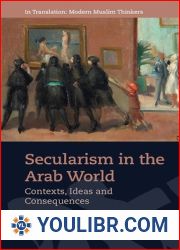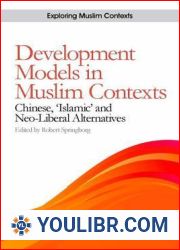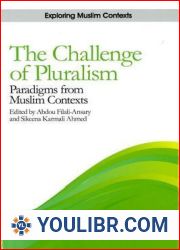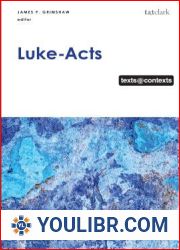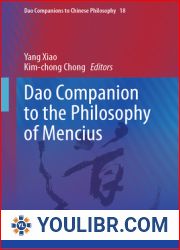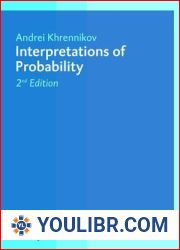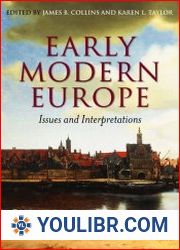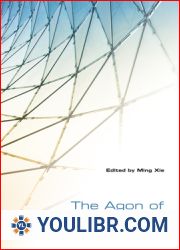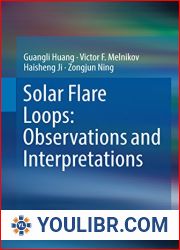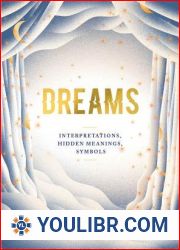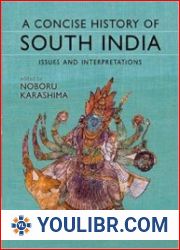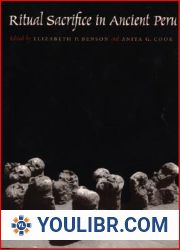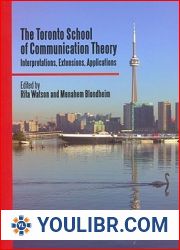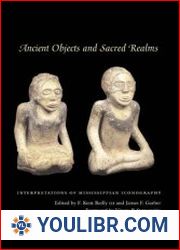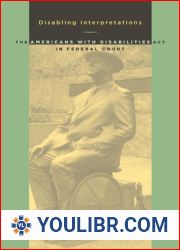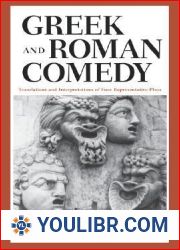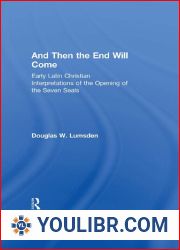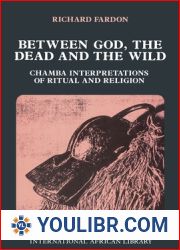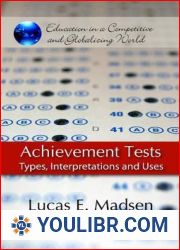
BOOKS - Mencius: Contexts and Interpretations

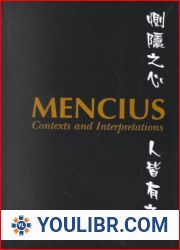
US $8.50

254304

254304
Mencius: Contexts and Interpretations
Author: Alan K.L. Chan
Year: February 1, 2002
Format: PDF
File size: PDF 1.2 MB
Language: English
Year: February 1, 2002
Format: PDF
File size: PDF 1.2 MB
Language: English
For two thousand years the Mencius was revered as one of the foundational texts of the Confucian canon, which formed the basis of traditional Chinese education. Today it commands considerable attention in current debates on and "Asian values and " raging in classrooms and boardrooms in both East Asia and the West. Variously interpreted, the text's vision of a common humanity, insights into the ethical life, and concern for the welfare of the people appeal to conservatives and revolutionaries alike. This volume, which represents the work of fifteen respected scholars of early Chinese thought and culture, is an especially timely effort to bring the Mencius under fresh scrutiny. Making use of recently excavated manuscripts, the contributors approach the Mencius from novel perspectives, challenge established interpretations, and confront anew issues that continue to attract and divide students of this classic text. The famous Mencian doctrine of the and "goodness and " of human nature forms one main focus. Is it a biological and "given, and " a cultural and "achievement, and " or both? What lay behind the debate on human nature in Mencius' time? Though important, this discussion forms but one aspect of a larger ethical and political structure. How does the Mencius deal with the seemingly ubiquitous problem of moral failure? In what sense can morality be said to be and "internal, and " as Mencius is reported to have argued? Does the Mencius prescribe a kind of familialism that protects the interests of the family at the expense of society? Indeed, what does the Mencius have to offer in this age of rapid scientific and technological advances? Questions of context and interpretation bring into sharp relief key hermeneutical issues that surround the text. Does the Mencius present a coherent and systematically developed ethical teaching? Or should it be read as a composite work, comprising different layers of material that reflect different emphases and conflicting doctrines? Traversing contested territories and exploring new avenues of understanding, the essays presented here do not aim at settling debates; on the contrary, they afford ample opportunities for further discussion on the background, interpretation, and continued relevance of this classic of Confucian philosophy.







